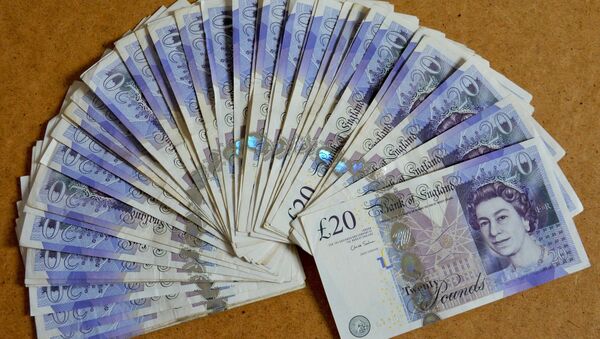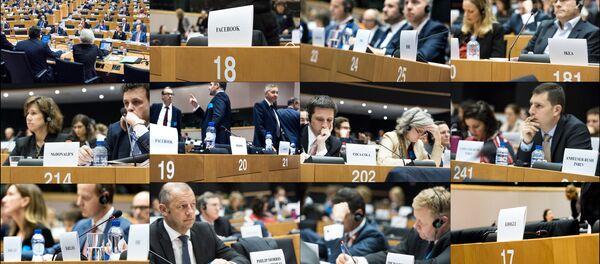Following the sheer scale of tax avoidance exposed by LuxLeaks and the Panama Papers, lawmakers called for a clampdown on companies being able to offshore their profits and assets, in order to reduce their tax liabilities in EU member states.
However, the latest move by the Commission — headed by former Luxembourg finance minister and prime minister Jean-Claude Juncker — has drawn the ire of politicians. It has released a list of "third countries" which will be investigated to identify which are tax havens. However, the list does not include Ireland or Luxembourg, both of which are embroiled in battles with Brussels over "sweetheart tax deals."
Who wants to be a tax haven? Latest blog from our Tax Justice campaign looks at Commission's new tax 'scoreboard' https://t.co/jOh6aXqiCq
— Greens in the EP (@GreensEP) September 20, 2016
"Given the role played by some European countries in recent tax scandals (like Ireland with Apple or the Netherlands and Belgium with IKEA), it is nonsense to only focus on third countries when attempting to clamp down tax evasion and avoidance," the Greens and European Free Alliance said in a statement.
It is not the first time the Commission has been accused of watering down action against tax avoidance.
Lawmakers in the European Parliament have hit out at what they describe as "procedural tricks" being used to protect Commission President Jean-Claude Juncker and Eurogroup chief Jeroen Dijsselbloem from an investigation into the LuxLeaks scandal.
The European Parliament set up a special panel, known as the TAXE Committee, to look into tax practices within the union. However, plans to extend its powers to look far wider into how much Juncker and Dijsselbloem knew about the tax practices were overruled.
Juncker was finance minister and prime minister of Luxembourg during the time the special tax deals were made. Dijsselbloem has been finance minister in the Netherlands since 2012.
What is a Tax Haven?
The lawmakers even suggest that drawing up a blacklist of tax havens — which is the eventual intention of the Commission's latest publication — depends on what the definition of "tax haven" is and suggest that its interpretation could depend on the Commission itself.
"What is a tax haven? Is it a country: A. That has issues with tax transparency? B. That provides preferential harmful tax breaks? C. That has a very low or non-existent corporate tax rate? D. A mixture of the above?
"You might have some difficulty answering the question, which would be understandable given there is no internationally agreed definition of what a tax haven is. But remember you have the right to call a friend! That friend could well be the European Commission."
In August, the European Commission decided that Ireland granted undue tax benefits of up to US$14.6 billion to Apple. This is illegal under EU state aid rules, because it allowed Apple to pay substantially less tax than other businesses. It has ordered Ireland to recover the illegal aid. Both Apple and Ireland are appealing the ruling.
Strong support from MEPs and @GreensEP to Commissioner @vestager during the #AppleTax debate yesterday. pic.twitter.com/t8EAKTjnGP
— Greens in the EP (@GreensEP) 15 September 2016
The landmark ruling followed months of investigations into the "sweetheart deals" offered by countries such as Ireland, the Netherlands and Luxembourg which offer benign tax regimes that allow companies — particularly multinationals such as Apple, Amazon, Starbucks and Fiat Finance and Trade — to enjoy special tax arrangements to reduce their tax obligations in other countries.



